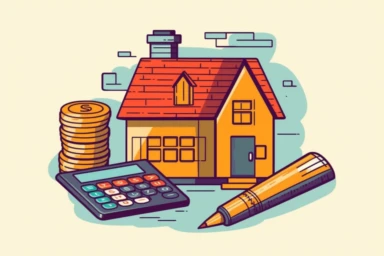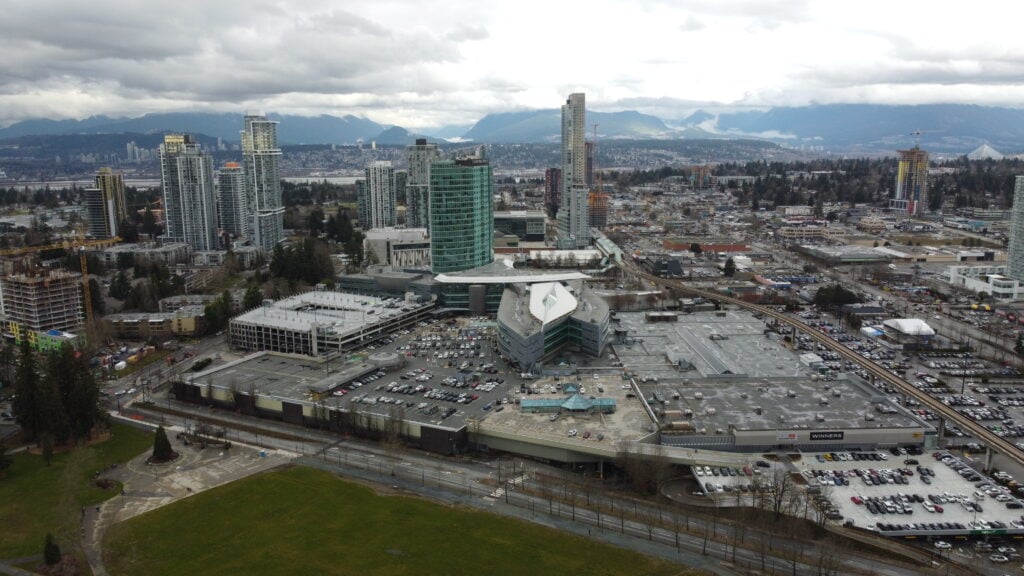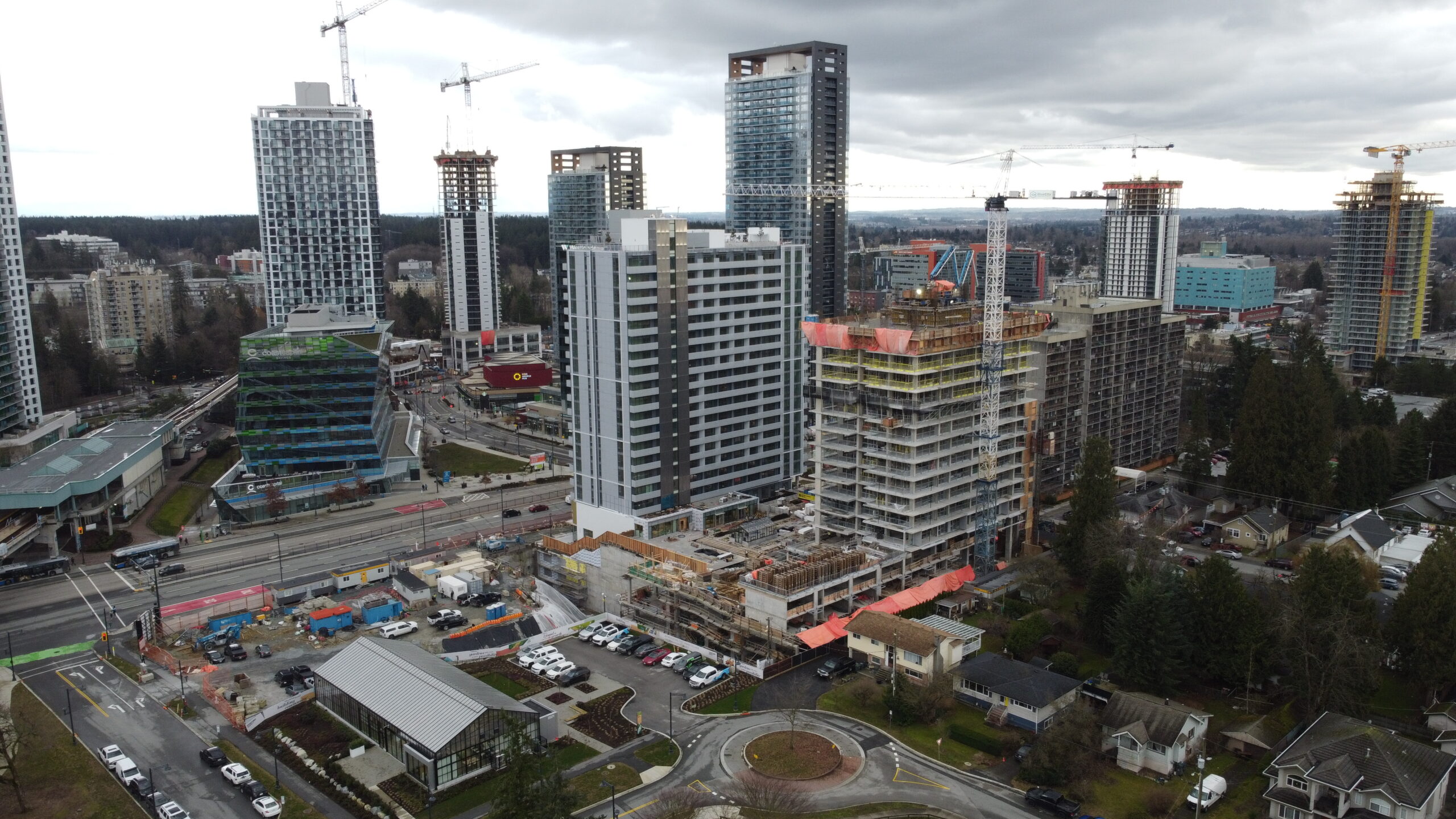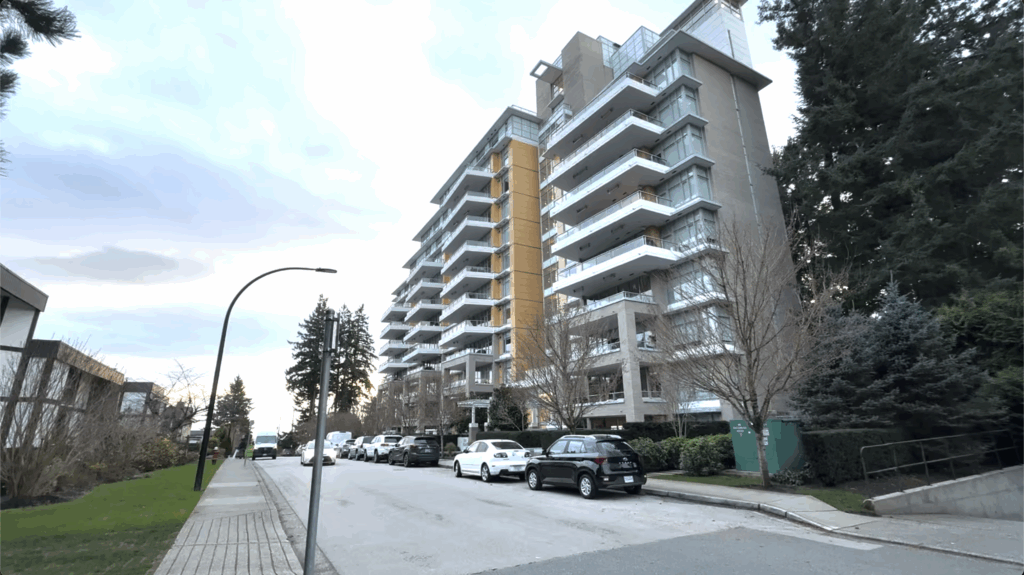How much is the Property Transfer Tax in BC?

Buying a home, especially in a province like BC, is an exciting time, but can be a little daunting. What you see on the contract, isn’t necessarily what you pay for the home. You may be asking “Wait, what do you mean by that?”
Well, let’s talk about the elephant in the room – the Property Transfer Tax (PTT). Before you get lost in the whirlwind of buying real estate in BC, let’s break down what PTT is all about and why it matters to you.
What is Property Transfer Tax?

To truly understand why the Property Transfer Tax (also known as the Land Transfer Tax in other provinces) in British Columbia was implemented, it’s essential to travel back in time to understand where it started.
Let me paint you a picture:
The History of BC’s Property Transfer Tax
Years before PTT was introduced in 1987, BC was experiencing a booming real estate market. Home prices were soaring, making it increasingly difficult for many residents, especially first-time homebuyers, to enter the housing market. This rapid price escalation raised concerns about affordability and access to housing across the province.
Sound familiar?
The primary reason behind the introduction of the PTT was to curb the speculation-driven price increases and generate additional revenue for the provincial government. By taxing the transfer of property ownership, the government aimed to achieve two simple objectives:
- It sought to slow down the overheated real estate market by discouraging short-term buy-and flip investors, which had become quite prevalent in this era.
- The revenue generated from the PTT was planned to fund various government programs, including but not limited to, affordable housing, healthcare, and education. This revenue was seen as a way to benefit all residents of British Columbia, addressing their needs within the province.
In essence, the PTT was born out of a need to strike a balance between maintaining a healthy real estate market and ensuring that the benefits of that market were distributed equally among the population. It aimed to deter speculative behavior, generate essential funds for public services, and, to some extent, make housing more accessible for those who needed it most.
Worth mentioning as well, the Property Transfer Tax was also implemented to put a tax on wealthy British Columbians when buying high-end properties. As you can imagine, if you didn’t fall into this category at the time, which most did not, politically it was quite popular. It was introduced by Social Credit premier Bill Vander Zalm and at the time only was meant to effect a small portion of home sales that tipped above the $200,000 mark.
(interestingly enough, Bill Vander Zalm years later in 2009 would lead a successful referendum against the BC Government in overturning the successful campaign introducing HST in British Columbia)
At the time of its introduction, the average price of a home in Greater Vancouver was approx $148,000. The threshold in 1987 to put make the tax due and payable was for a sale price of a home over $200,000. The formula was 1% of the first $200,000 and 2% on the balance of the sale price.
Over the years, the PTT has evolved, and its impact on the real estate landscape continues to be a topic of discussion among homeowners, buyers, and policymakers. Understanding its historical context and the reasons behind its implementation is key to appreciating its role in British Columbia’s real estate market today.
Who pays the Property Transfer Tax in BC?

In British Columbia, the responsibility for paying the Property Transfer Tax (PTT) typically falls on the buyer of the property. This means that if you’re purchasing a home or any piece of real estate in the province, you’ll be the one expected to cover this tax.
What are the exemptions to PTT, and who qualifies?
When buying a home as a First-time Homebuyer, there are a few exemptions that may bring some relief. The government recognizes the challenges faced by those entering the real estate market for the first time and offers a First-Time Home Buyers’ PTT Exemption.
Under this program, eligible first-time homebuyers who qualify are exempt:
**EFFECTIVE APRIL 1, 2024**
- Full Exemption; on RESALE properties that are principle residences, and are under $500,000
- Full Exemption on first $500,000 of purchase price; if RESALE property that are principle residences, and are in-between $500,000 and $835,000. You will be responsible for paying the Property Transfer Tax difference between $500,000 and $835,000
- Partially; on RESALE properties that are between $835,000 and $860,000. Partial calculations are still to be determined (As of writing this in February 23, 2024)
- Fully; on NEW CONSTRUCTION properties that are principle residence, and are under $1,100,000
- Partially; on NEW CONSTRUCTION properties that are principle residence, and are in-between $1,100,000 and $1,150,000. This exemption is on a sliding scale between those two numbers
This exemption is a valuable incentive designed to make homeownership more accessible to newcomers to the real estate scene and alleviate some of the financial burdens associated with purchasing a property in British Columbia. It’s essential to meet specific eligibility criteria to take advantage of this exemption, so be sure to do your research or consult with a real estate professional when considering your first home purchase in BC.
For the most current information on Property Transfer tax, visit the BC Government’s website here.
How is the Property Transfer Tax calculated?
Let’s say you’re purchasing a property with a value of $500,000. In British Columbia, the Property Transfer Tax rate is calculated as:
- 1% on the first $200,000 of the fair market value;
- 2% of the fair market value greater than $200,000 and up to and including $2,000,000;
- 3% of the fair market value greater than $2,000,000;
- An additional 2% is applied on residential properties greater than $3,000,000
Example 1: When buying an entry level home with a value of $550,000, the calculation would be as follows:
- The first $200,000 is taxed at 1%: ($200,000 * 0.01) = $2,000.
- The remaining $350,000 is taxed at 2%: ($350,000 * 0.02) = $7,000.
- The total Property Transfer Tax for this property is ($2,000 + $7,000) = $9,000.
Example 2: Imagine you’re buying a property valued at $1,000,000. Using the same tax rate structure above, the calculation would be as follows:
- The first $200,000 is taxed at 1%: ($200,000 * 0.01) = $2,000.
- The remaining balance of $800,000 is taxed at 2%: ($800,000 * 0.02) = $16,000.
- The total Property Transfer Tax for this property is ($2,000 + $16,000) = $18,000.
Example 3: In the case of a higher-tier property valued at $2,500,000. Using the above calculation would be as follows:
- The first $200,000 is taxed at 1%: ($200,000 * 0.01) = $2,000
- The balance of the next tier is $1,800,000 which is taxed at 2%: ($1,800,000 * 0.02) = $36,000
- The balance of the fair market value portion (after $2,000,000) is $500,000 and is taxed at 3%: ($500,000 * 0.03) = $15,000
- The total Property Transfer Tax for this property is $2,000 + $36,000 + $15,000 = $53,000
These examples demonstrate how Property Transfer Tax in British Columbia is calculated based on the fair market value of the property and the applicable tax rates, which increase as the property value exceeds specific thresholds.
It’s important to note that if you have any questions regarding the Property Transfer Tax, please consult your local professional tax lawyer.
Try our Property Transfer Tax Calculator
BC Property Transfer Tax Calculator
Property Transfer Tax:
$0.00
(please note this calculator is in beta and all information should be independently verified)
Conclusion:

Congratulations! you’ve made it through the complex world of Property Transfer Tax in BC! We’ve peeled back the layers to reveal how this tax impacts buyers, its historical implementation, and even some exemptions that can ease the financial burden, particularly for First-time Homebuyers.
As you embark on your real estate journey in this beautiful province, keep in mind that understanding the Property Transfer Tax is just one piece of the puzzle. Every property transaction is unique, and there are often other factors at play. That’s why we strongly recommend seeking the guidance of a knowledgeable realtor.
What are the costs associated with working with a REALTOR® to buy?
Here’s the exciting part: working with a buyer’s representative doesn’t need to cost you a dime! That’s right, it often costs nothing upfront for buyers as the compensation to your REALTOR® is baked into the sale price of the home you purchase. These experts are well-versed in the nuances of property transactions, including tax considerations like the Property Transfer Tax. They can help you navigate the process and find the perfect property to call your next home.
So, whether you’re a first-time homebuyer with dreams of your first home, an experienced investor looking for your next venture, or anyone in between, remember that you don’t have to tackle the entire real estate journey—alone.
Take the first step today by connecting with The Germyn Group. With our guidance and expertise, you’ll gain peace of mind as you embark on your exciting property adventure in Surrey and surrounding areas. Here’s to finding the perfect place to call home and making your real estate dreams come true!
References:
- BC Government website: Property Transfer Tax
- BC Government website: First Time Homebuyer Exemptions
- BC Government website: PTT Calculator
- WOWA: Land Transfer Tax Calculator
- BKSLaw | Changes to BC’s Property Transfer Tax
People lose money in real estate because they don't know what's actually happening.
Our YouTube channel fixes that.
We show you what most agents won't – what's really happening in Surrey & White Rock, and how to win whether the market's up or down.
It's free. No fluff. All signal.
Subscribe now — or stay guessing.



